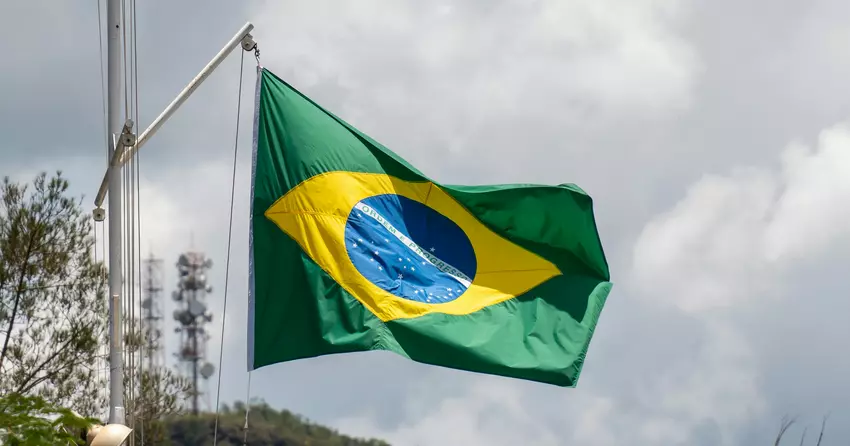
Brazil Moves To Make Social Media Responsible for User Posts
A majority of justices in Brazil’s Supreme Court have voted in favor of making social media companies liable for illegal user content. The decision could result in fines to companies like Meta, X (formerly Twitter), and Microsoft if they fail to remove certain posts within the country.
The first votes were cast on June 11 after two different cases raised the question of how to deal with illegal content such as fraud, child pornography, and content that potentially promotes violence. This comes as school shootings and related incidents escalate in the South American country.
Current Brazilian law establishes that social media companies can only be held responsible if they don’t remove hazardous content after a direct court order. Judge Gilmar Mendes wrote that, as it stands, the law comprises “a veil of irresponsibility for digital platforms.”
Though voting is ongoing, it’s enough for a simple majority of judges to pass the measure. So far, six of the court’s eleven judges have voted for some form of regulation, according to the Associated Press.
“Even if they are informed of the occurrence of crimes on their platforms, they (currently) cannot be held responsible for damages caused by keeping this content online, except in the case of a court order,” he said.
Judge André Mendonça, who voted against the resolution, emphasized the importance of social media to “[hold] powerful public institutions to account, including governments, political elites and digital platforms.”
So far, the judges haven’t reached a resolution on the exact details of the regulation, such as which content should be considered illegal or the nature of potential fines. However, they say they’re working together to find a consensus.
Platforms like Meta and Google have expressed opposition to the decision. In a statement before the voting began, Google declared that the law could be improved, “as long as procedure guarantees and criteria are set to prevent legal uncertainty and the indiscriminate content removal.”
This move comes as the country takes bigger strides towards the regulation of technology and telecommunications on Brazilian territory. At the beginning of the year, President Luiz Inácio Lula da Silva signed a law prohibiting students from using smartphones in elementary and secondary school classrooms.
Judges can still change their votes, and once the ruling is finalized, Brazil’s Congress could propose legislation to override or modify it.















